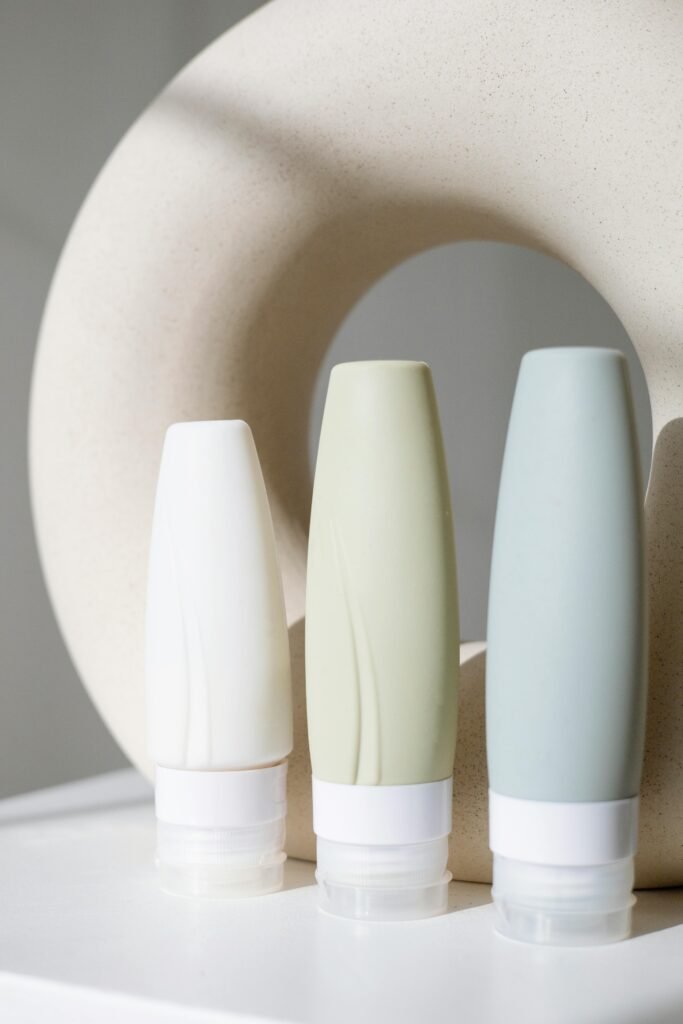How can you prevent fading and stretching in your favorite fabrics?

This image is property of images.pexels.com.
Understanding the Causes of Fading and Stretching
Understanding the common causes of fading and stretching in fabrics is the first step towards preventing these damages. Factors such as exposure to sunlight, improper washing and drying techniques, and fabric composition can all contribute to the fading and stretching of your favorite clothing items.
Sunlight Exposure and Fading
Sunlight exposure can be one of the main culprits behind fabric fading. The UV rays in sunlight can break down the dyes in fabrics, causing them to fade over time. To prevent fading due to sunlight exposure, it is essential to store your clothing items away from direct sunlight when not in use and to always hang them in the shade when drying them outdoors.

This image is property of images.pexels.com.
Washing and Drying Techniques
Improper washing and drying techniques can also lead to fading and stretching in fabrics. Washing delicate fabrics in hot water or using harsh detergents can cause the colors to fade quickly. Additionally, putting fabrics in the dryer on high heat or hanging them to dry in direct sunlight can lead to stretching and distortion in the fabric.
Fabric Composition
The type of fabric your clothing items are made of can also play a significant role in how quickly they fade and stretch. Natural fibers, such as cotton and wool, are more prone to stretching than synthetic fibers like polyester or nylon. It is essential to pay attention to the fabric composition of your clothing items and take appropriate measures to care for them accordingly.

This image is property of images.pexels.com.
Preventing Fading and Stretching in Fabrics
Now that you understand the common causes of fading and stretching in fabrics, let’s explore some practical tips on how to prevent these damages and extend the lifespan of your favorite clothing items.
Sorting Your Laundry
One of the simplest ways to prevent fading and stretching in fabrics is to sort your laundry according to color and fabric type. washing dark and light-colored fabrics separately can help prevent color bleeding and fading. Additionally, washing delicate fabrics on a gentle cycle and using cold water can prevent stretching and distortion.
Using the Right Detergent
Choosing the right detergent for your fabrics is crucial in preventing fading and stretching. opt for a gentle detergent that is specifically formulated for delicate fabrics to help preserve the colors and fibers in your clothing items. Avoid using bleach or harsh chemicals that can strip the fabric of its color and elasticity.
Washing in Cold Water
Washing your clothing items in cold water can help prevent fading and stretching in fabrics. Hot water can cause the fibers to break down more quickly, leading to quicker fading and distortion. Be sure to check the care label on your clothing items and follow the recommended washing instructions.
Air Drying Your Fabrics
Air drying your clothing items is a gentle way to prevent stretching and fading. Avoid putting your fabrics in the dryer on high heat, as this can cause the fibers to stretch and distort. Instead, hang your clothing items to dry in a well-ventilated area away from direct sunlight.
Storing Your Fabrics Properly
Properly storing your clothing items can also help prevent fading and stretching. Avoid hanging your fabrics in direct sunlight or storing them in damp or humid environments, as this can cause the colors to fade quickly. Opt for a cool, dark place to store your clothing items when not in use.
Using Fabric Conditioner
Using a fabric conditioner in your laundry routine can help prevent fading and stretching in fabrics. Fabric conditioners help to soften the fibers in your clothing items, making them less prone to stretching and distortion. Be sure to follow the recommended usage instructions on the product label.
Ironing Your Fabrics Carefully
Ironing your clothing items carefully can also help prevent stretching and fading. Avoid using high heat settings on delicate fabrics, as this can cause the fibers to distort and lose their shape. Be sure to iron your fabrics in the recommended temperature settings and always use a pressing cloth to protect the fabric.
Conclusion
Preventing fading and stretching in fabrics is essential to prolonging the lifespan of your favorite clothing items. By understanding the common causes of these damages and taking the necessary precautions outlined in this article, you can ensure that your fabrics stay vibrant and in good condition for longer. Remember, a little extra care goes a long way in preserving the beauty and integrity of your beloved fabrics.
